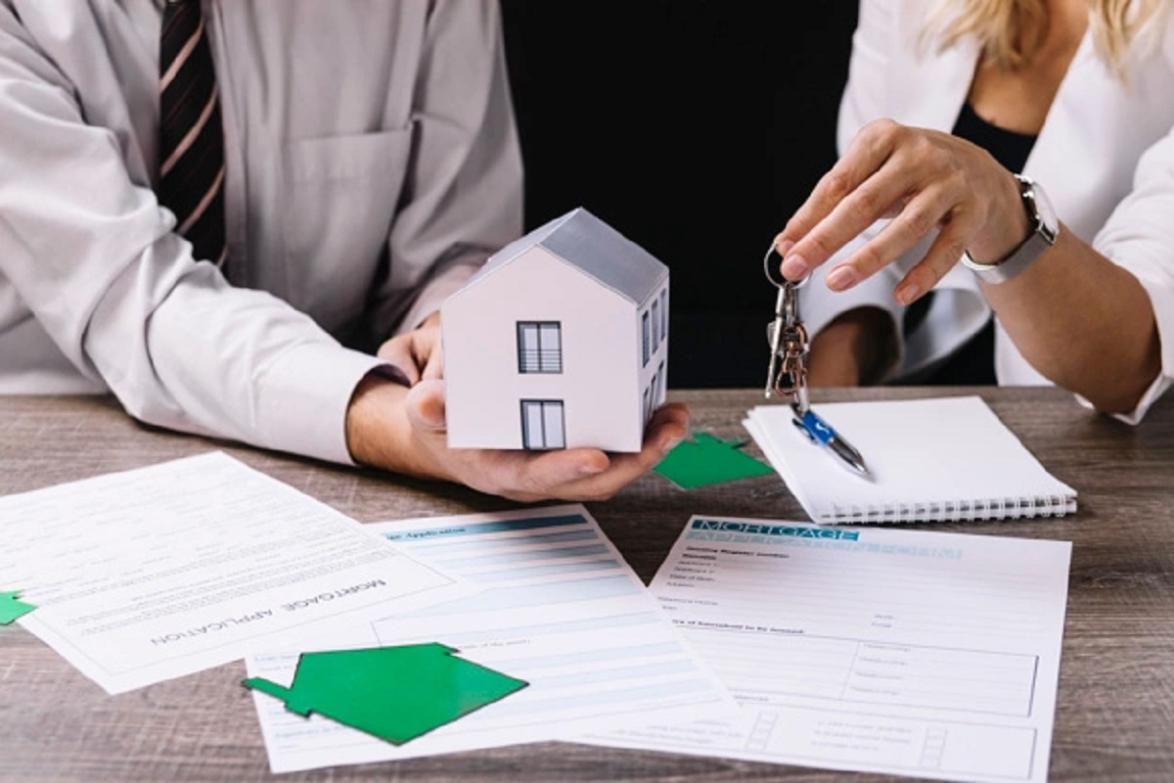What Are the Costs of Buying a House?
Buying a house is a major financial decision that involves a significant upfront investment and ongoing costs. It's important to factor in all costs associated with homeownership to make an informed decision and avoid unexpected financial burdens.

I. Upfront Costs
1. Down Payment:
A down payment is a lump sum paid upfront when purchasing a house. It typically ranges from 3% to 20% of the purchase price, but can vary depending on the lender and the borrower's credit score.
A larger down payment has several advantages: it reduces the amount of money borrowed, lowers the monthly mortgage payments, and reduces the overall interest paid over the life of the loan.
2. Closing Costs:
Closing costs are fees and expenses incurred during the home buying process. These costs are typically paid at the closing table when the property is transferred from the seller to the buyer.

Common closing costs include:
- Loan origination fee
- Appraisal fee
- Title insurance
- Escrow fees
- Recording fees
- Transfer taxes
Closing costs typically range from 2% to 5% of the purchase price and are typically split between the buyer and the seller.
II. Ongoing Costs
1. Mortgage Payments:

Mortgage payments are the regular payments made to the lender to repay the loan amount borrowed to purchase the house. The monthly mortgage payment is calculated based on the loan amount, the interest rate, and the loan term.
Factors that affect mortgage payments include:
- Loan amount
- Interest rate
- Loan term
- Property taxes
- Homeowners insurance
2. Property Taxes:
Property taxes are annual taxes levied by local governments on real estate properties. The amount of property taxes is calculated based on the assessed value of the property and the local tax rate.
Factors that affect property taxes include:
- Assessed value of the property
- Local tax rate
- Property exemptions and deductions
3. Homeowners Insurance:
Homeowners insurance is a type of insurance that protects the homeowner against financial losses caused by damage to the home or its contents. It typically covers damage caused by fire, theft, vandalism, and certain natural disasters.
Factors that affect homeowners insurance premiums include:
- Value of the home
- Location of the home
- Coverage limits
- Deductible amount
4. Utilities:
Utilities are essential services such as electricity, water, gas, and internet that are used in the home. The cost of utilities varies depending on the size of the home, the number of occupants, and the climate.
Common utilities include:
- Electricity
- Water
- Gas
- Internet
- Cable TV
- Trash removal
III. Additional Costs
1. Maintenance And Repairs:
Regular maintenance and repairs are essential to keep the home in good condition and prevent costly problems in the future. Common maintenance and repair tasks include:
- Painting
- Roof repairs
- Appliance repairs
- Plumbing repairs
- Electrical repairs
- HVAC maintenance
The cost of maintenance and repairs can vary depending on the age and condition of the home, as well as the quality of the materials used.
2. Home Improvements:
Home improvements are projects that add value to the home, such as remodeling the kitchen or bathroom, adding a deck or patio, or finishing the basement.
Home improvements can be necessary to maintain the home's value or to make it more comfortable and functional for the homeowner.
Buying a house involves a significant financial commitment and ongoing costs. It's important to factor in all costs associated with homeownership, including upfront costs, ongoing costs, and additional costs, to make an informed decision and avoid unexpected financial burdens.
By budgeting for all costs and planning ahead, homebuyers can make a sound financial decision and enjoy the benefits of homeownership.
YesNo

Leave a Reply